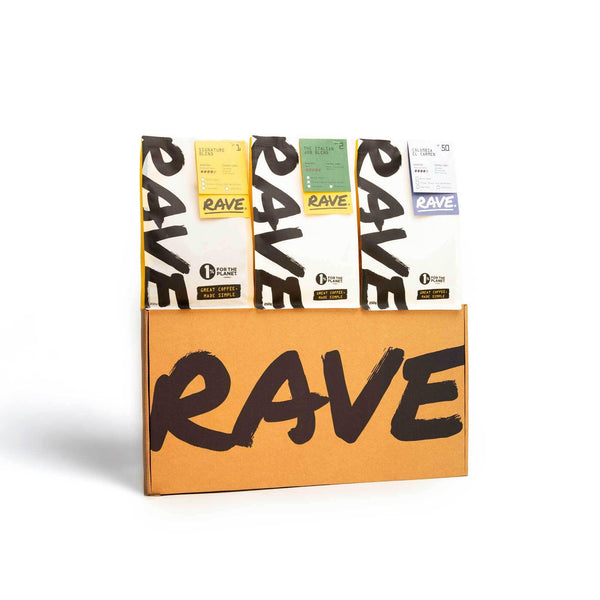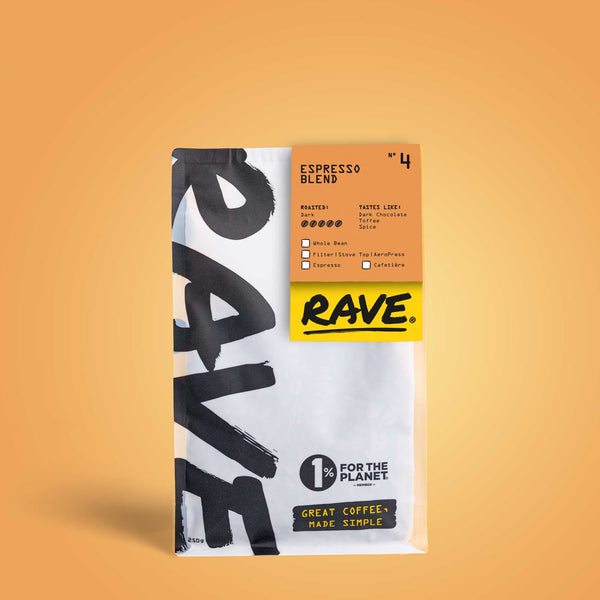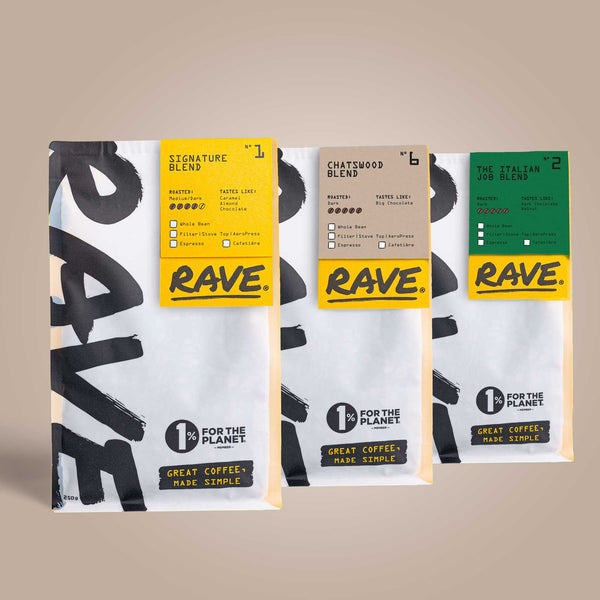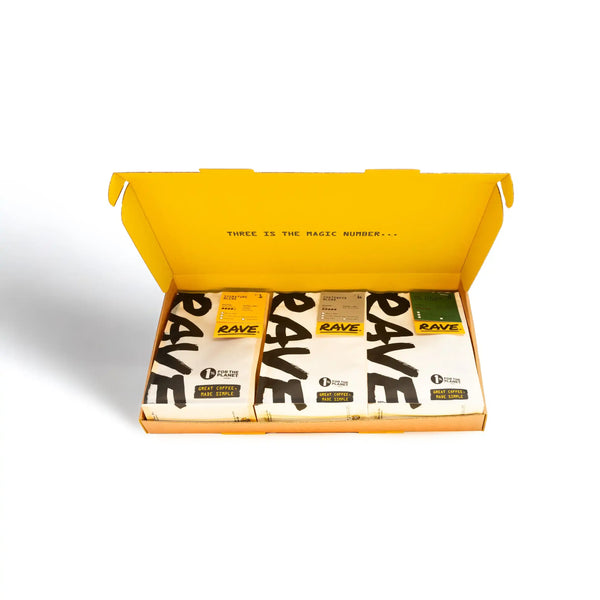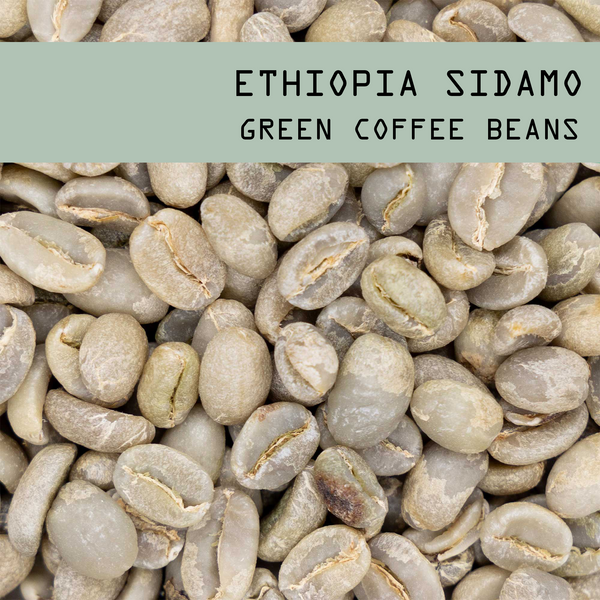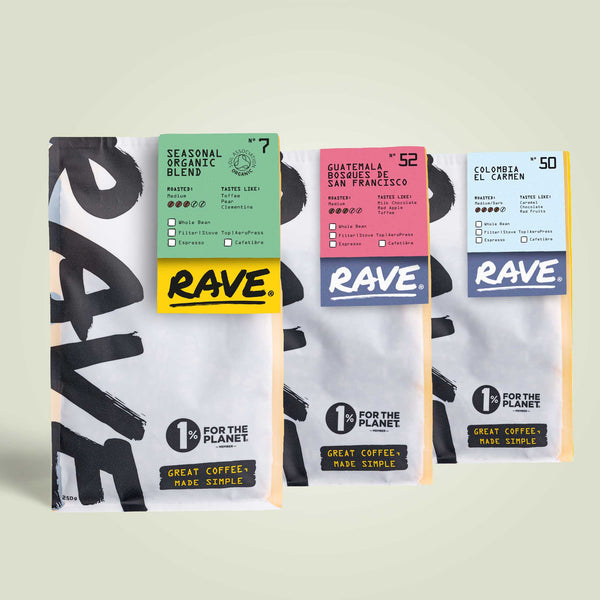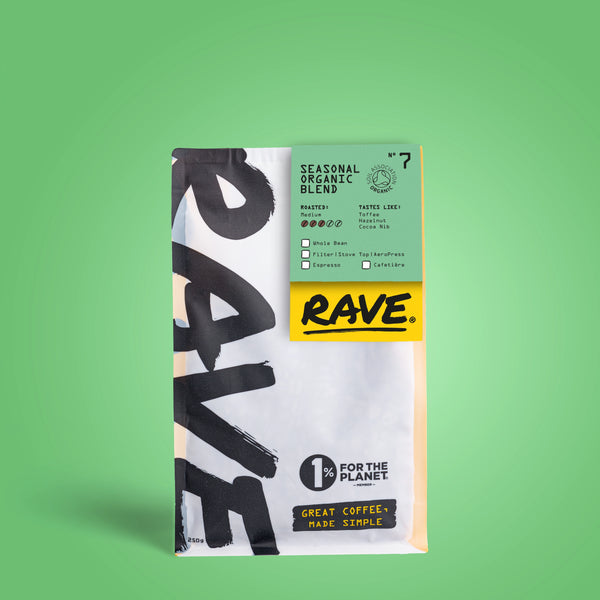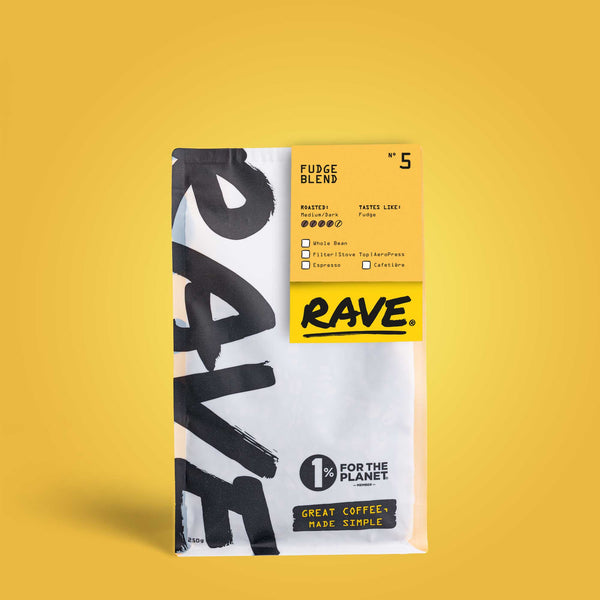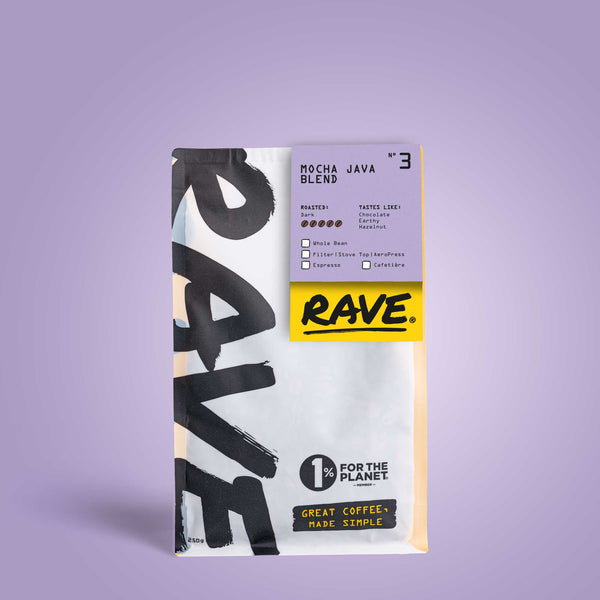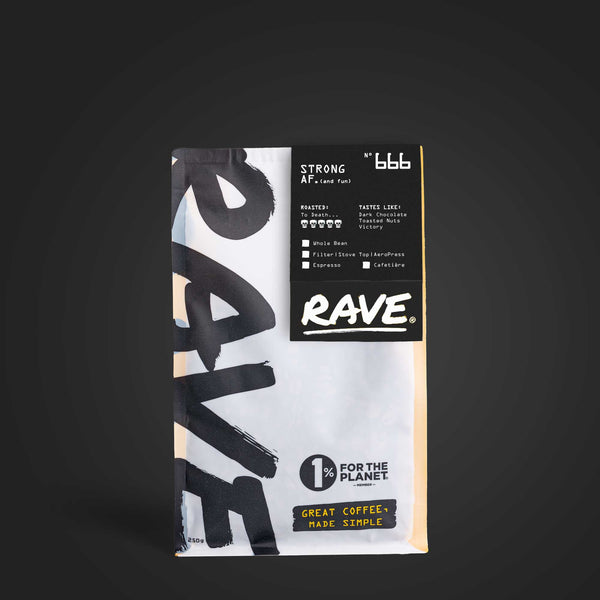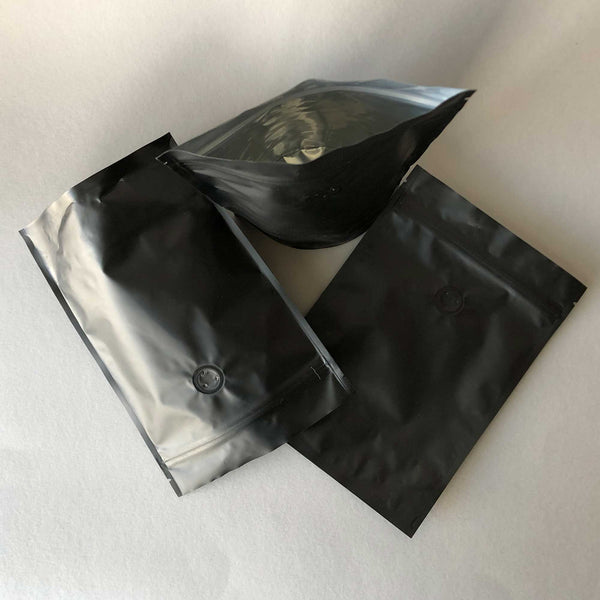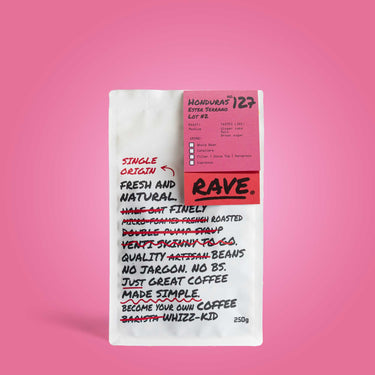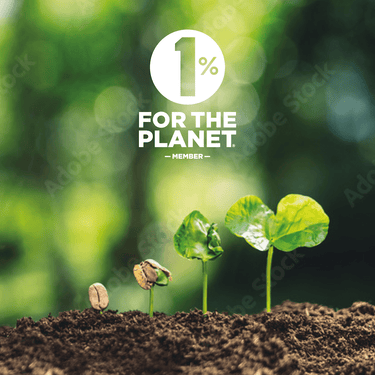Tanzania
Africa Coffee Region
History of Coffee in Tanzania
Tanzania may only be only one Kenya away from Ethiopia, the birthplace of coffee, but it took nearly 600 years for coffee to arrive as a cash crop. That's not to say coffee hasn't existed in Tanzania under other guises.
History suggests that the Tanzanians have been using coffee since as early as the 16th century, not as a beverage, but as a form of currency by the Haya tribe, who also chewed the stuff as a stimulant. However, it was German colonisation in the late 1800s that saw coffee produced for drinking, and for export. Previously, only tribal leaders could authorise the growth of coffee plans, but the Germans weakened their control leading to the widespread propagation of coffee plantations and a three-fold increase in Tanzanian coffee exports between 1905 and 1912.
After World War II, the British took over and planted over ten million coffee seedlings and in 1925. Soon after, Tanzania's first cooperative was created, formed to negotiate better prices for growers, and later evolved the Killimanjaro Native Coffee Union (KNCU). The KNCU is considered Africa's oldest cooperative, farming the volcanic soils of Mount Kilimanjaro to produce wet-processed Arabica coffee.
Today, about ninety percent of Tanzania's coffee farms are smallholder, with the rest being large plantations.

Characteristics of Tanzanian Coffee
There are several main areas regions in Tanzania, the vast majority of which are high altitude regions such as Mount Kilimanjaro whose fertile soils, sufficient rainfall and mild climate provide optimal growing conditions. And when properly harvested processed to a high standard, the result is some of the best mild Arabica coffee around, with bright acidity and big flavours. Discover what makes robusta coffee so special in our recent blog post.
Tanzania Coffee: Interesting Facts and News Bites
-
Many Tanzanian coffee growers intercrop coffee with bananas, using the bananas as shade trees for the coffee.
-
Tanzania produces about 70% Arabica and 30% Robusta coffee.
-
The main growing regions of Arabica are in North Kilimanjara, Mbeya, Matengo Highlands, Mbinga, Usambara Mountains, Iringa, Morogoro, Kogma and Ngara.
-
Tanzania is Africa’s fourth biggest coffee producer and is ranked 24th worldwide.
African coffees
African coffees


- 🌟 New release
Ethiopia Daniso Horsa Natural Nº 332
From £9.95


Signature Blend Compostable Coffee Bags - 10 pack
£4.95


- 🌟 New release
Signature Decaf Blend Compostable Coffee Bags - 10 Pack
£4.95 Sold Out




